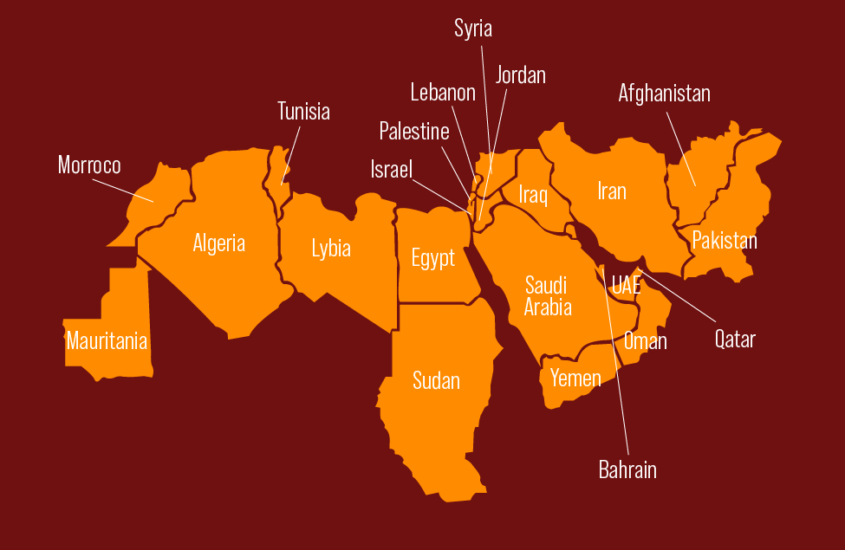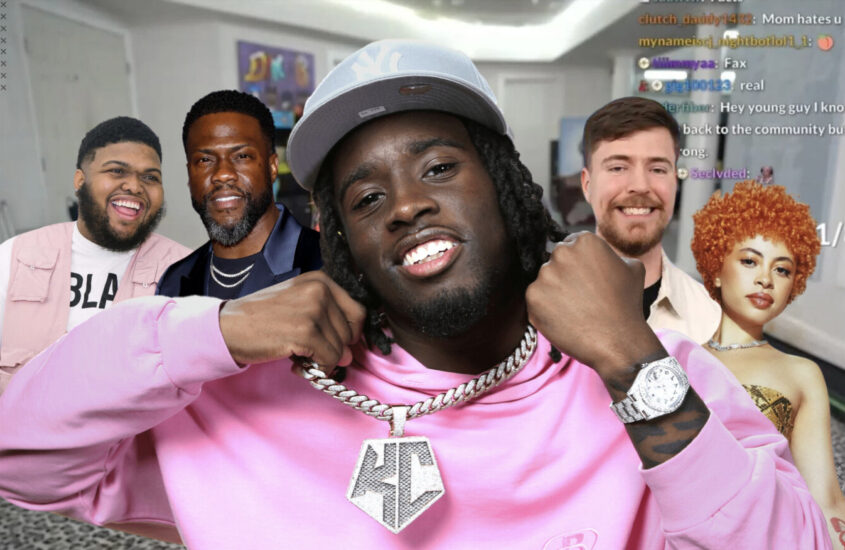
As a Black person, I recognize the importance of visibility and representation. For too long, Middle Eastern and North African (MENA) communities in the United States have grappled with an identity crisis. We’ve been caught between checkboxes, forced to choose between “white” or “other” on federal forms. But now, a significant change is on the horizon—one that acknowledges our existence and diversity.
Swara Salih, a 32-year-old Kurdish American, has spent his life reluctantly ticking the “white” box on forms. Yet, when he looks in the mirror, he sees a brown kid with darker skin than his white friends. The cultural confusion he felt growing up is shared by millions of Americans with MENA origins.
Recently, the Office of Management and Budget (OMB) announced a groundbreaking decision: the inclusion of a “Middle Eastern or North African” category in federal standards for race and ethnicity. For the first time in U.S. history, an estimated 8 million Americans will no longer have to choose between inadequate labels. This identifier recognizes our distinct heritage and allows us to be seen as who we truly are.
The new category includes subcategories like Lebanese, Iranian, Egyptian, Syrian, Iraqi, and Israeli. While it doesn’t capture the full spectrum of MENA diversity, it’s a step forward. We can now identify with specificity, and there’s even a blank space for those whose ethnicity doesn’t fit neatly into the subcategories.
For decades, MENA Americans have been undercounted, underrepresented, and unnoticed. Our rich tapestry of cultures, languages, and traditions deserves recognition. We’re Arab, Amazigh, Kurdish, Chaldean, and more. We’re white, brown, and Black. We’re doctors, artists, engineers, and activists. Now, finally, we can declare, “We exist.”
While this identifier is progress, our journey isn’t over. Advocacy groups continue to push for more accurate representation. We must ensure that the MENA community’s voice is heard in policy, education, and media. Our stories matter, and our contributions enrich the fabric of America.
As a Black person, I celebrate this victory for MENA communities. Together, we can rewrite the narrative and ensure that no one is left in the shadows.









